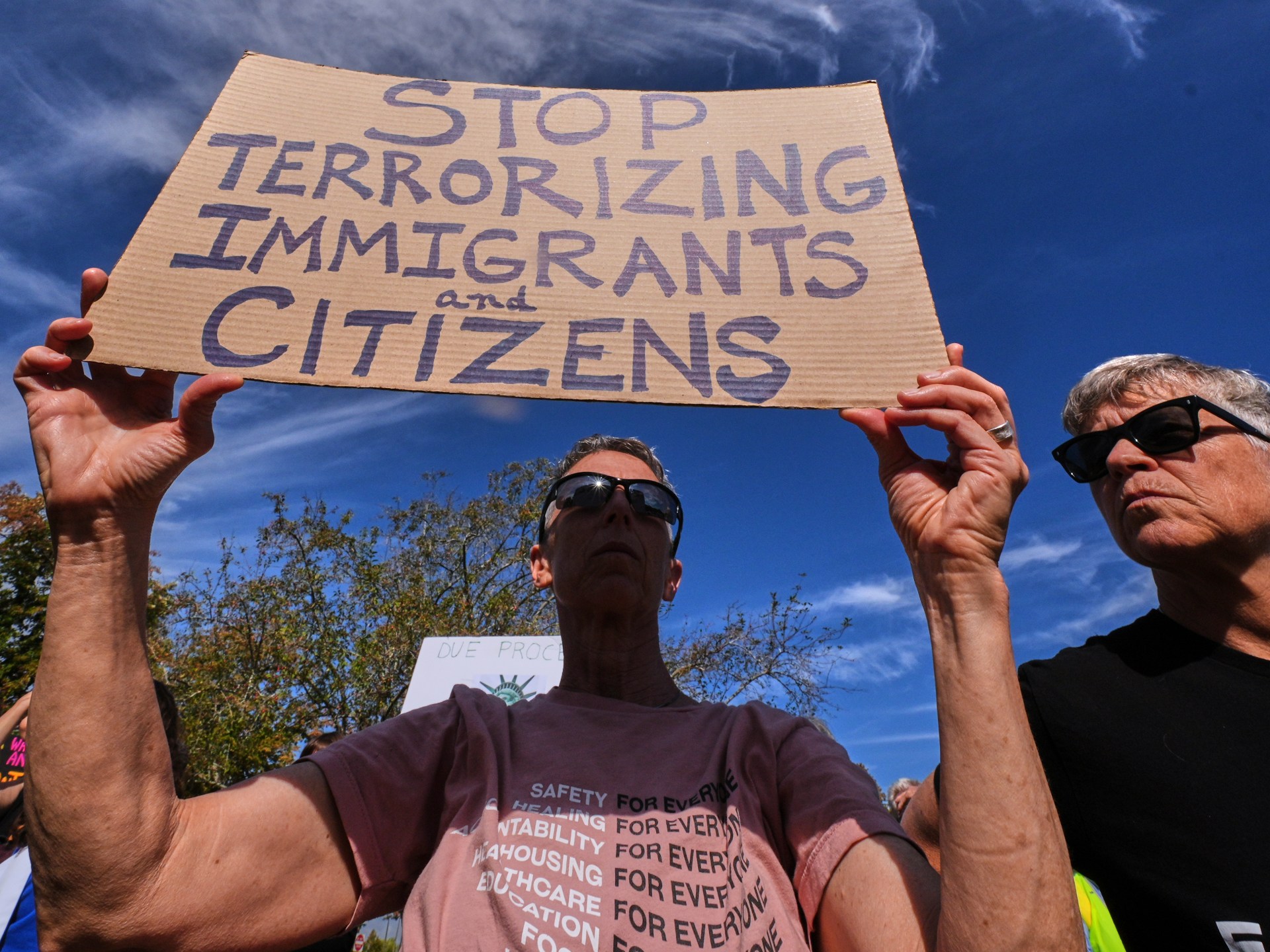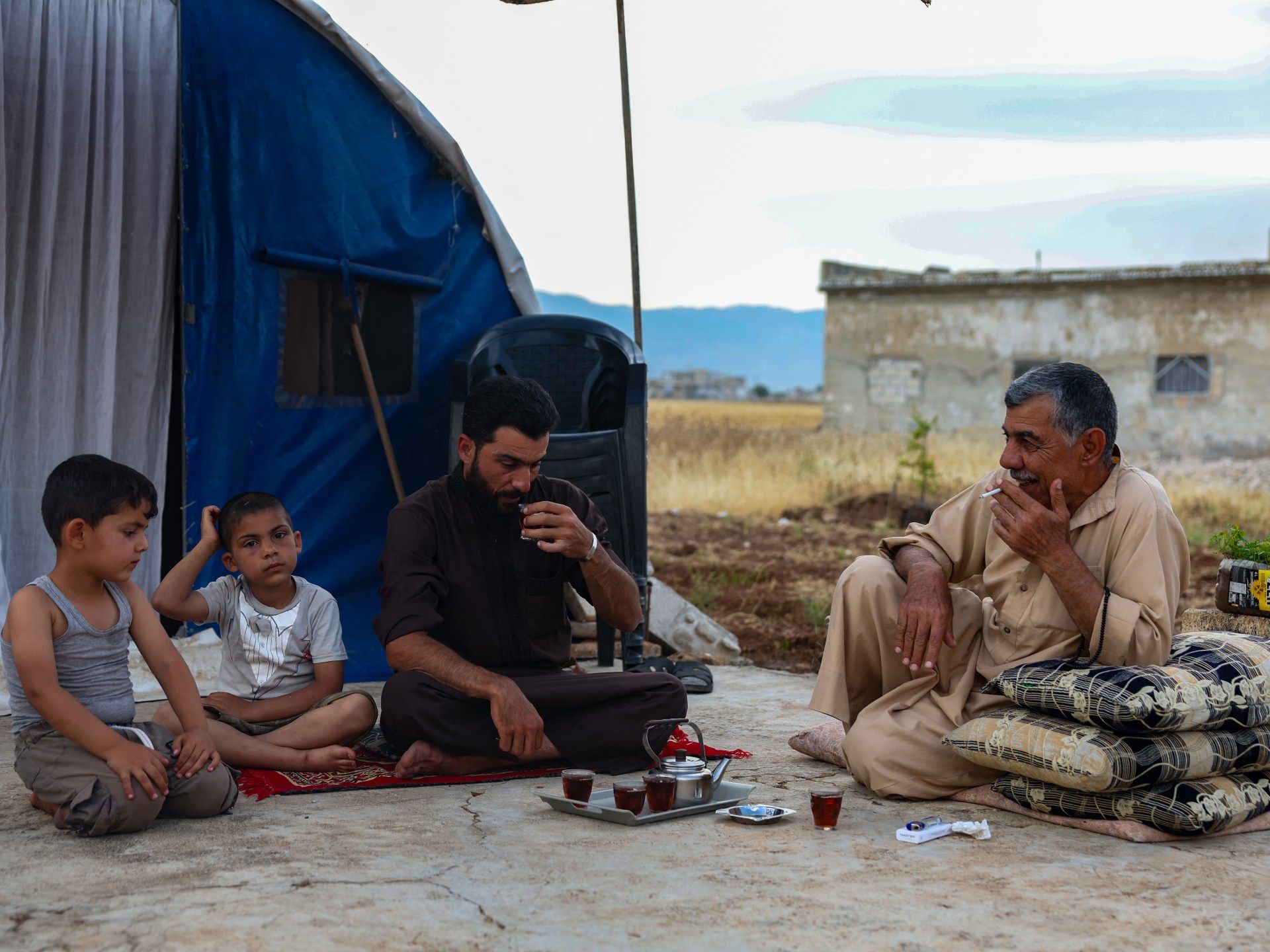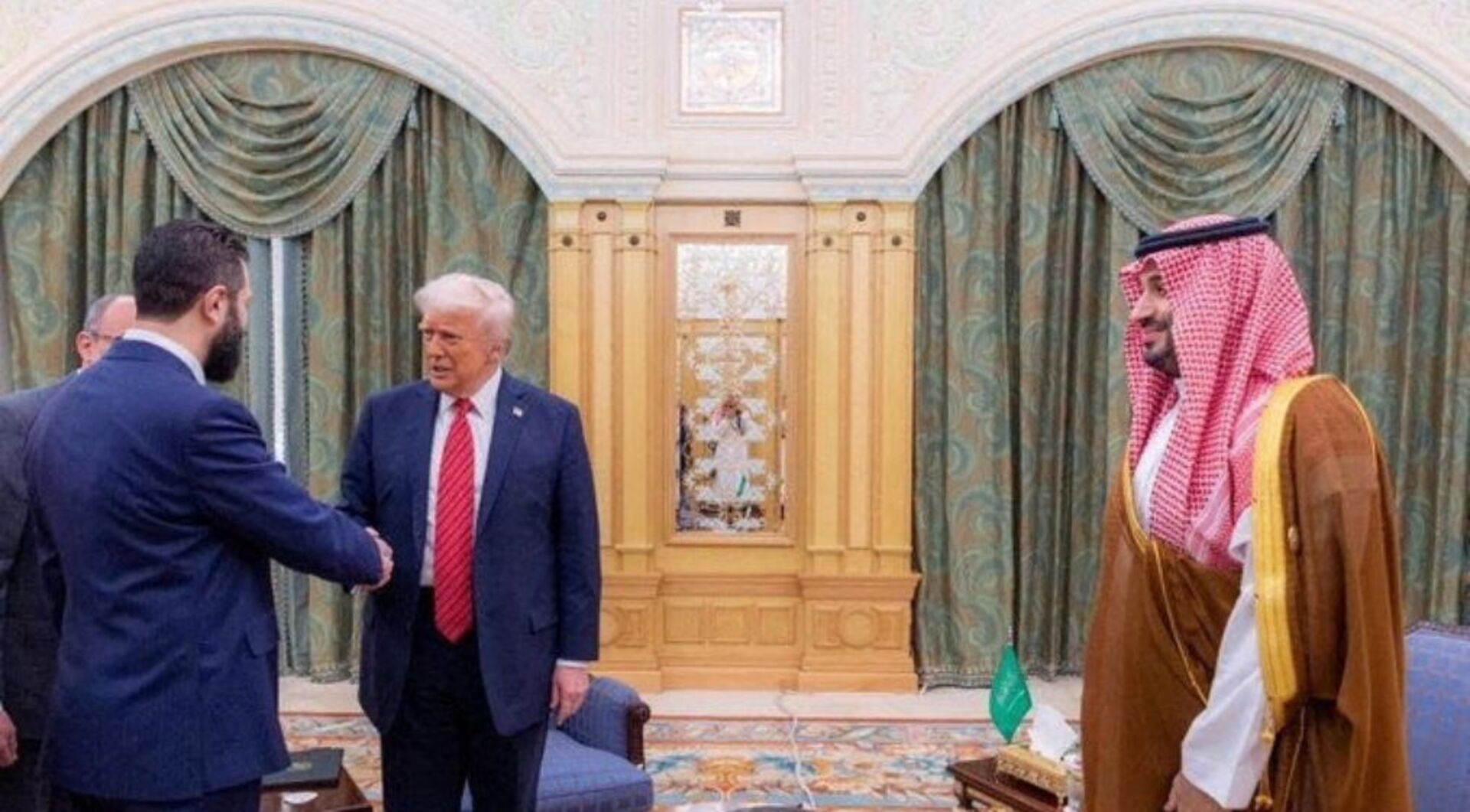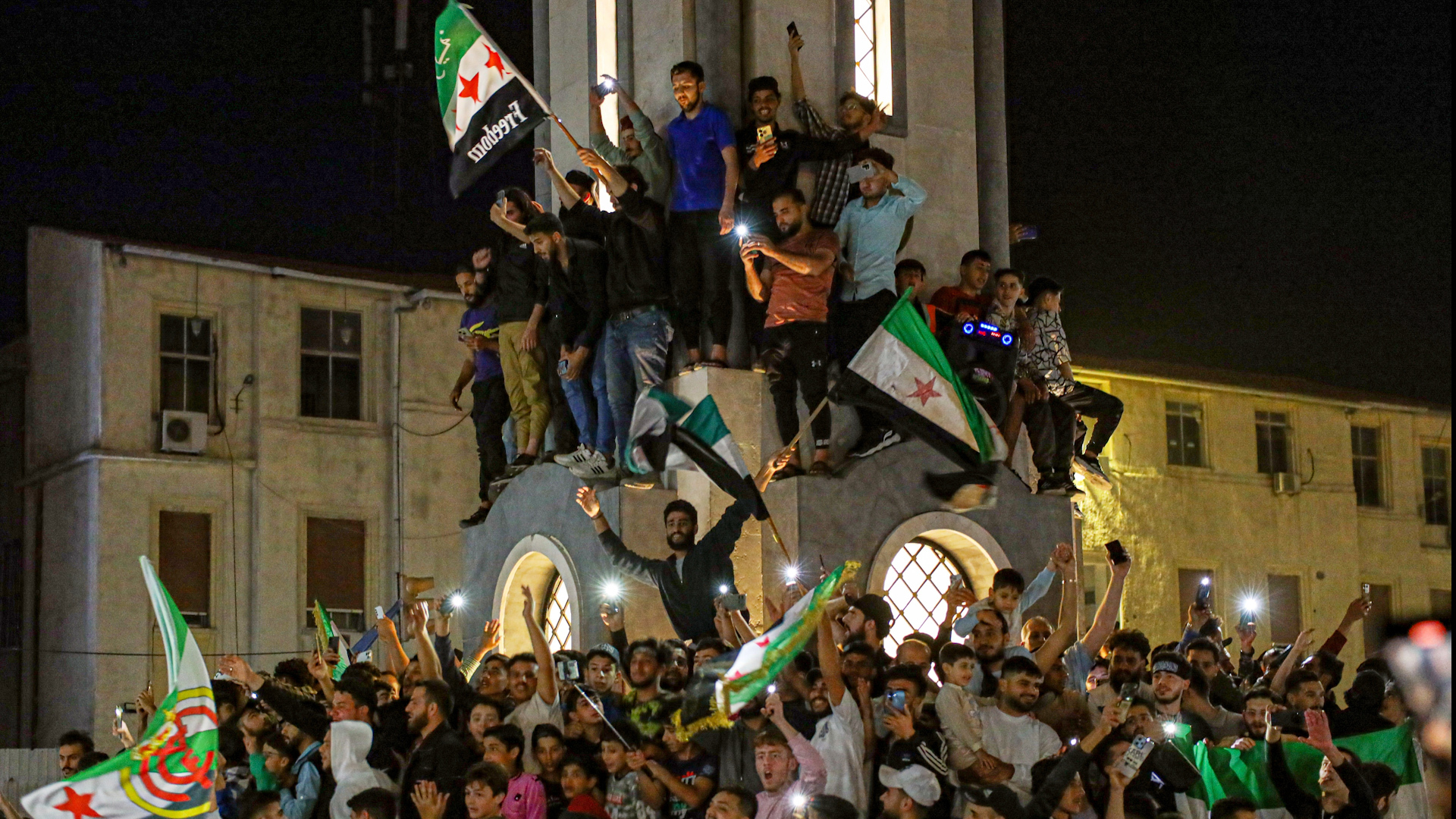US cancels temporary protected status for Syrians | News
Trump administration says Syrian nationals in the US must leave the country within 60 days or face arrest and deportation.
Published On 20 Sep 2025
The United States has ended the Temporary Protected Status (TPS) designation for Syria, warning Syrian migrants they now face arrest and deportation if they do not leave the country within 60 days.
The action on Friday came as part of US President Donald Trump’s broad effort to strip legal status from migrants.
Recommended Stories
list of 4 itemsend of list
It will terminate TPS for more than 6,000 Syrians who have had access to the legal status since 2012, according to a Federal Register notice posted Friday.
“Conditions in Syria no longer prevent their nationals from returning home,” Department of Homeland Security spokesperson Tricia McLaughlin said in a statement.
“Syria has been a hotbed of terrorism and extremism for nearly two decades, and it is contrary to our national interest to allow Syrians to remain in our country.”
The statement said Syrian nationals currently living in the US have 60 days to voluntarily depart the country and return home.
“After the 60 days have expired, any Syrian national admitted under TPS who have not begun their voluntary removal proceedings will be subject to arrest and deportation,” it said.
Trump, a Republican, has sought to end temporary legal status for hundreds of thousands of migrants in the US, including some who have lived and worked in the country legally for decades.
The administration has said deportation protections were overused in the past and that many migrants no longer merit protections.
Democrats and advocates for the migrants have said that TPS enrollees could be forced to return to dangerous conditions and that US employers depend on their labour.
Trump has previously ended the status for Venezuelans, Hondurans, Haitians, Nicaraguans, Ukrainians and thousands of others.




